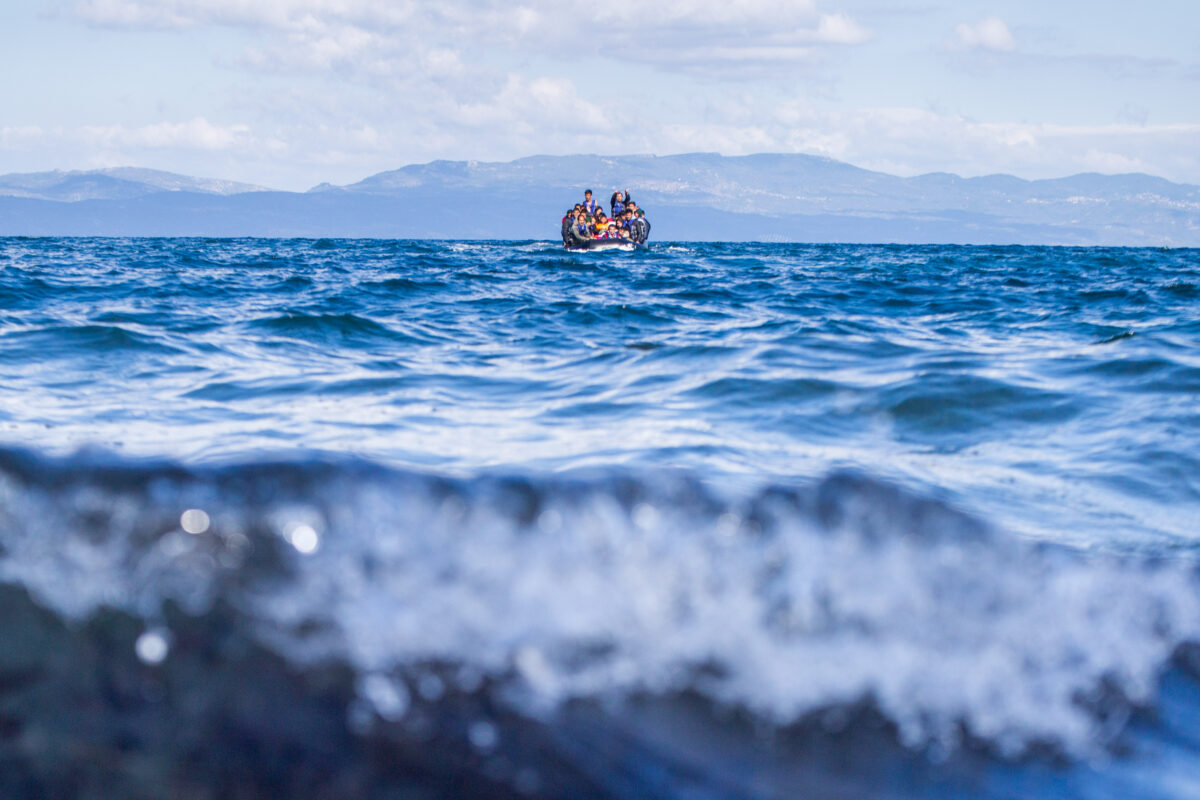Study shows: EU Commission may finance sea rescue operations

I have commissioned a study ( German / English), which examines which legal obligations and competences the European Union has in sea rescue. This also applies to EU military operations.
In March 2020, the EU decided to launch the Marine Emission Irinito monitor arms smuggling into Libya using satellite information, at sea and from the air. This military operation is taking place in the Eastern Mediterranean, far from the central flight route across the Mediterranean. This extremely deadly route is the only way for many people seeking protection to reach the EU.
Irini has so far not a single person rescued from distress at sea. The predecessor mission Sophia, on the other hand, rescued around 45,000 people from 2015. However, under pressure from EU states, the ships now bypass the migration routes so as not to have to rescue people. Nevertheless, the German government is in favour of continuing Irini. Currently 19 German soldiers are participating in the mission. In the past, doubts have also arisen as to whether the mission can even achieve its goal of enforcing the arms embargo to Libya.
People continue to drown in the Mediterranean
Although fewer and fewer people are fleeing across the central Mediterranean, there has been a steady increase in death and missing person rates. In the first three months of 2021 alone are already over 300 people drowned in the Mediterranean.
It is often argued that people would no longer put themselves in danger if there were no sea rescue. But in reality, the conditions in Libya, especially for people from sub-Saharan Africa, are so inhumane that people continue to flee. Even without rescue at sea, people board unseaworthy boats in the hope of reaching land on their own.. Even without rescue at sea, it is even more perilous for many people to reach Malta or Italy by rubber dinghy than it already is. The widespread accusation of a pull effect through civilian sea rescue missions has also already been contradicted in previous studies.
Rescue at sea is criminalised instead of supported
So far, it is mainly civilian organisations that are carrying out sea rescue operations. In doing so, they are increasingly criminalised by EU states, as the political interest is primarily focused on preventing people from fleeing the inhumane conditions in Libya. To this end, the Libyan coast guard is being financed, which uses Frontex reconnaissance aircraft to bring people back to Libya from their flight at sea and intern them in camps. This practice has been described in several expert opinions as contrary to international law.
The European Commission claims that sea rescue operations outside its Area of expertise This is also confirmed by the European Council. It is the task of the littoral states to carry out sea rescue operations. Unfortunately, a governmental EU sea rescue mission with the participation of the Member States is not realistic in the next few years, although it is foreseeable that people will continue to drown in the Mediterranean. The Member States will not agree on a mission and it would be too easy to keep calling for things that will not happen.
EU Commission can step in and finance sea rescue operations
But there is a way out. If the EU Commission is serious about its repeatedly stated intentions to support sea rescue, it could provide financial support to non-governmental organisations and thus set up a civilian European Sea Rescue Mission. The agreement of the Member States is not required for this. This is also stated in the expert opinion commissioned by me from the law firm Redeker/Dahs/Sellner: "According to the current legal situation, financial assistance to non-governmental organisations and international institutions working to rescue refugees in distress at sea is possible, in particular, pursuant to Article 214 (3) TFEU in conjunction with the Regulation on humanitarian aid (Regulation (EC) No 1257/96)."
In short, the European Commission could fund a non-governmental sea rescue mission and thus ensure effective sea rescue. This has now also been proven by the comprehensive legal opinion.